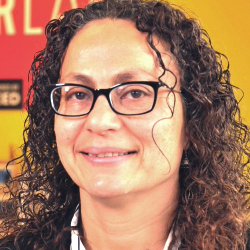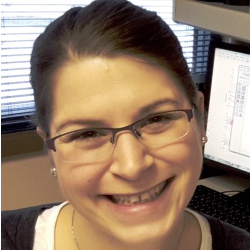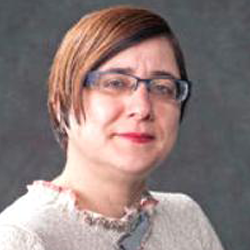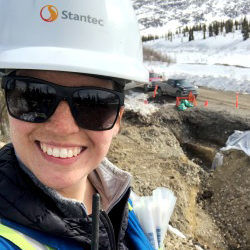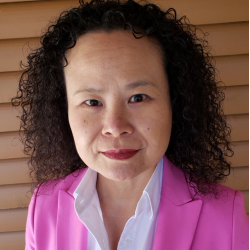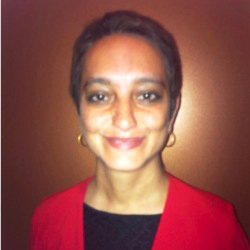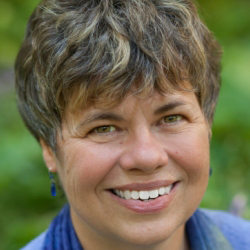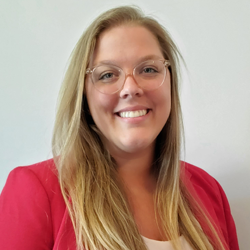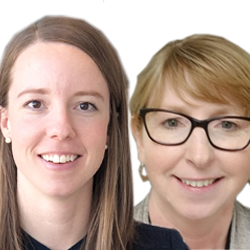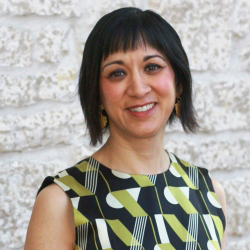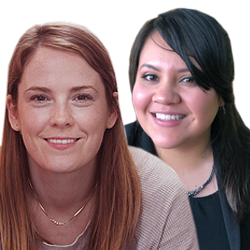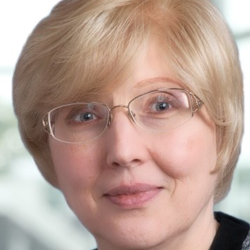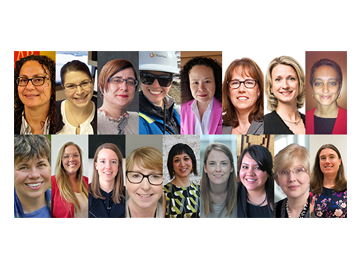
June 23, 2020 is International Women in Engineering Day (INWED), a day to raise the profile of women in engineering. The theme of INWED 2020 is #ShapeTheWorld and is an opportunity to highlight the important contributions that women make in their communities through their engineering work.

 June 23, 2020 is International Women in Engineering Day (INWED), a day to raise the profile of women in engineering. The theme of INWED 2020 is #ShapeTheWorld and is an opportunity to highlight the important contributions that women make in their communities through their engineering work.
June 23, 2020 is International Women in Engineering Day (INWED), a day to raise the profile of women in engineering. The theme of INWED 2020 is #ShapeTheWorld and is an opportunity to highlight the important contributions that women make in their communities through their engineering work.
This year, the world has been shaped by the COVID-19 pandemic, which is why we chose to shine the spotlight on women in engineering who have marshalled their skills and resources to help Canada overcome the unprecedented challenges posed by the pandemic. Whether that be by creating personal protective equipment for frontline workers, preparing university campuses for the safe return of students, maintaining essential municipal services, or supporting the telecommunications network that brings us together while staying apart, the stories below are just a few of the many ways in which women in engineering #ShapeTheWorld.
Professor Hanan Anis and her students have used their 3D printers to produce more than 9,050 face shields that have been distributed to more than 35 institutions across Ottawa.
Natalie Boudreau, M.A.Sc., P.Eng.
As Clinical Engineering Program Manager at Service New Brunswick, Natalie Boudreau and her team of engineers and technologists have been working throughout the pandemic to support the province’s response to COVID-19.
Professor Laura Curiel led a team of students as they tested, evaluated, modified, and validated designs to use their lab equipment to print swabs for COVID-19 test kits.
When a remote fuel spill occurred along the Dempster Highway in Yukon, Stantec EIT Jamie Davignon volunteered to respond when others outside of the territory could not.
Amy Hsiao, PhD, MBA, FEC, P.Eng.
Professor Amy Hsiao was invited to join the PEI Premier’s Council for Recovery and Growth, bringing her engineering perspective to the post-COVID-19 recovery of PEI in the short- and long-term.
Isabelle Jodoin, ing. and Arliss Szysky, P.Eng.
Stantec’s Arliss Szysky and Isabelle Jodoin have relied on their engineering background as they’ve been managing their teams during the pandemic and leading the company’s business continuity and re-entry planning.
Professor Noreen Kamal is collaborating on a COVID-19 project with the Nova Scotia Health Authority that applies industrial engineering techniques to healthcare modeling.
Suzanne Kresta, FAICHE, FCAE, FEC, P.Eng.
University of Saskatchewan engineering dean Suzanne Kresta has spent much of the last few months focused on shifting university operations online to help prevent the spread of COVID-19 on campus.
As the pandemic hit Canada, Béatrice Laporte-Roy worked behind-the-scenes on telecommunications improvements to enable Canadians to stay connected as they shifted to teleworking and using virtual tools to keep in touch with families and friends.
Mandy Lise McKenna, MBA, P.Eng. and Wendy Weeks, P.Eng.
Engineers Wendy Weeks and Mandy Lise McKenna are helping the University of Prince Edward Island prepare for a blend of online and on-campus instruction during the time of a global pandemic.
As Director of Engineering Services for the City of Edmonton, Anjum Mullick leads a team that has had to adapt to the unique challenges posed by the pandemic.
Amina Stoddart, PhD, P.Eng. and Carolina Ontiveros
Professor Amina Stoddart and Research Associate Carolina Ontiveros are using their knowledge of UV disinfection strategies in the water and wastewater industry to test the efficacy of UV light in disinfecting N-95 respirators to potentially make them reusable.
Professor Jill Urbanic is leading a multidisciplinary research team to not only design protective equipment for frontline workers, but to also improve the production processes for that equipment in order to address supply chain shortages.
Stephanie Willerth, PhD, P.Eng.
Professor Stephanie Willerth has repurposed her biomedical engineering lab and has collaborated with local industry partners to produce thousands of medical-grade face shields for frontline workers on Vancouver Island.

